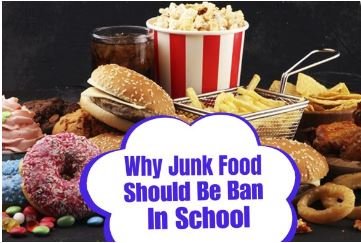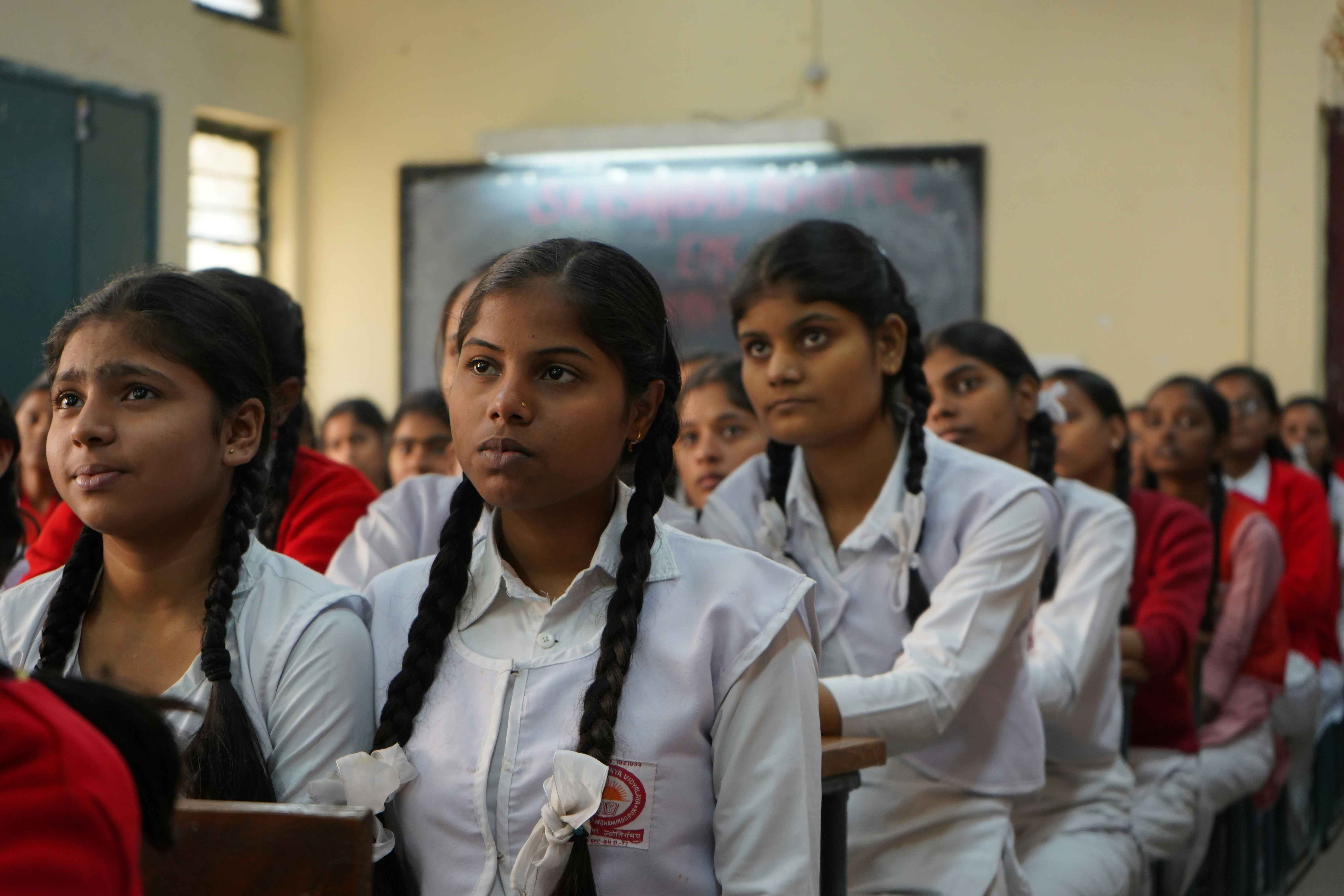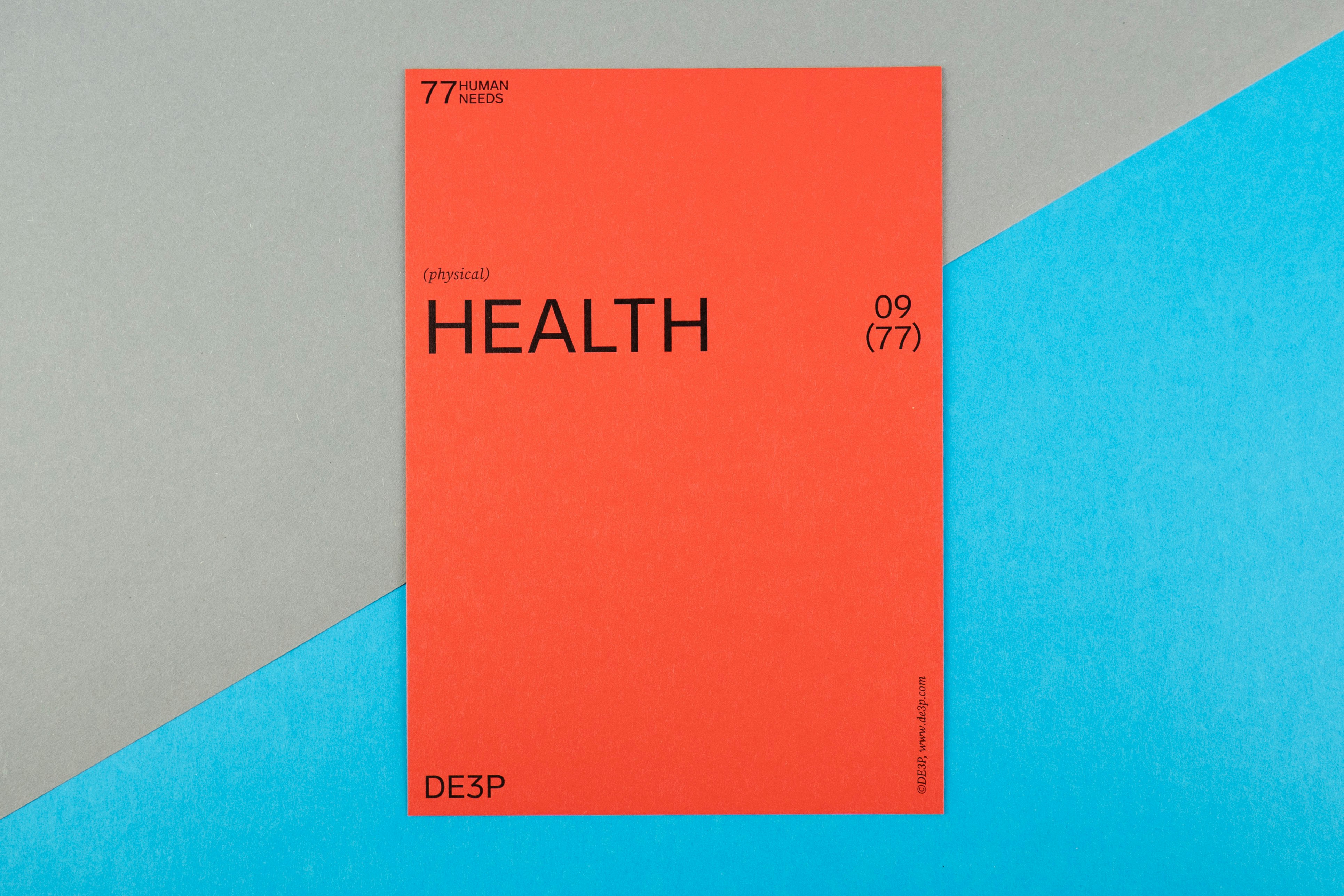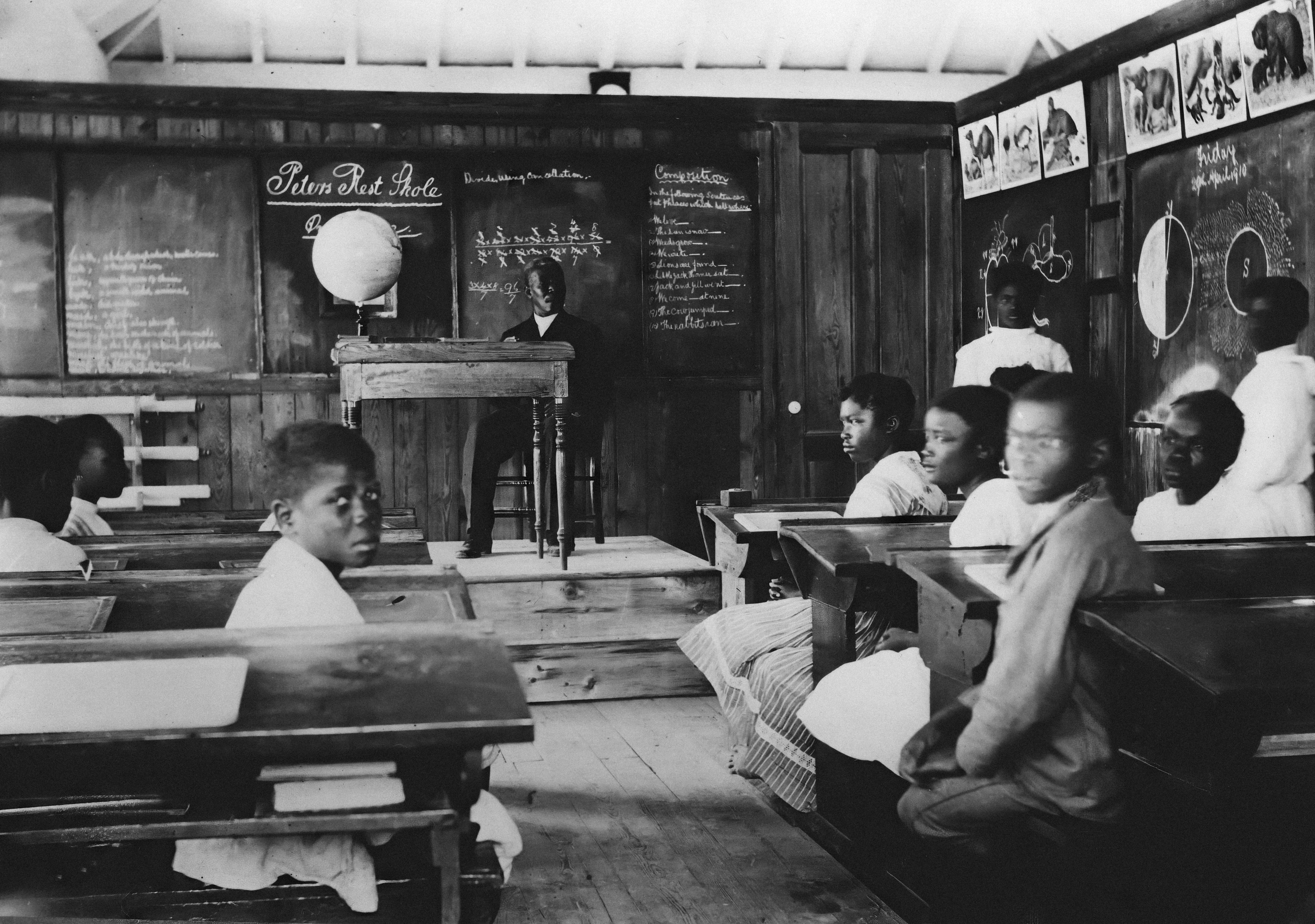
The Negative Effect of Junk food in Schools and Why It Should Be Ban
Various unhealthy foods are available in schools which makes them very attractive to students. Students most times consume highly processed fast food, sugary drinks and snacks made from chemicals and artificial ingredients that contains many calories and unhealthy fats along with excessive sugar and artificial additives. The health of students along with their academic performance suffers from the consumption of such foods that are yummy but harmful to their well-being.
A balance of nutrients help young people develop and learn as well as their overall health quality. Schools providing access to junk food has become the reason why students develop unhealthy eating habits that lead to life threatening illnesses like obesity and diabetes and heart disease. Frequent consumption of junk food also affect student’s attention level which results to poor academic performance.
Students who consume junk food experience changes in their behavior. Drinking and eating junk food with high sugar content triggers hyperactivity and mood swings and creates big mental health risks in the long term. Schools should be the place where students learn good habits that will benefit their future health. When schools provide access to junk food it contradicts their mission while promoting bad habits.
Schools must take action to ban junk food based on its effect to student’s well-being and academic performance and behavior development. This article will focus on the health risks of providing junk food in schools and the advantages of restrictions and ways for schools to promote healthy eating.
What is Junk Food?
Junk food are nutrient depleted food with dangerous ingredients such as saturated fats and refined sugar and artificial flavor and other unhealthy components. Examples are:
- Chips and crisps
- Candy and chocolates
- Sugary sodas and energy drinks
- Most fast food are burgers and fries
- Instant noodles and processed snacks
Young people loves these foods because they are cheap and easy to get and widely advertised. Consuming junk food regularly can create big health problems that develops from frequent consumption.
The Negative Effects of Junk Food in Schools
1. Health Risks
The main problem with junk food is its effects on student health. Too much junk food consumption results to several health problems.
- High calories and unhealthy fats in junk food makes students gain weight excessively. Childhood obesity is a global health issue that lays the foundation for diabetes and heart problems in the future.
- Consuming too much sugar in junk food increases the risk for young people to develop Type 2 diabetes.
- Combination of trans fats and cholesterol in junk food causes heart disease problems even to the youngest children.
- Nutrient deficiencies in students make their body vulnerable to infections that leads to absences and lower classroom participation.
2. Poor Academic Performance
Students who eat junk food experience poor academic performance because the harm junk food does to their physical body and distracts them from learning. Some of the effects are:
- High sugar consumption produces energy deficits and prevents students from concentrating during school hours.
- Students get tired from eating junk food because it lacks vital nutrients and they don’t want to participate in school activities.
- Nutrient deficiency in the diet causes permanent damage to memory and learning abilities and problem-solving capacity.
3. Behavioral Issues
Multiple studies prove that there is a link between junk food consumption and mental well-being. Some of the negative effects are:
- High amount of sugary food components will make your body too active and affect mental concentration.
- Junk food consumption results to sudden changes in student mood that produces irritability and decrease in cooperative behavior.
- Depression risk increases because poor eating habits lead to negative mental health that results to anxiety and depression in some students.
Why Schools Should Ban Junk Food
Since junk food is bad for your health institutions should stop its presence in their premises. Eliminating junk food has many benefits to the people.
1. Promoting Healthy Eating Habits
Students tend to choose balanced food options whenever junk food is not available. The school environment helps shape how students choose their food. When food is provided throughout school hours, students will be able to develop strong eating habits. This will not become part of them, and they will carry into adulthood.
2. A lot of Health Issues Will Be Addressed
Schools that prohibit junk food consumption get two results: lower obesity statistics and prevent poor eating habits that cause diseases. Students who are healthy tend to be active and perform better academically.
3. Creating a Better Learning Environment
Eating healthy results to better focus and mental clarity. Students who eat nutritious food have better classroom engagement and better information retention which leads to better academic performance.
How Schools Can Implement a Junk Food Ban
Banning junk food from schools requires organized planning. Fighting junk food in schools needs systematic approach which includes:
1. All junk food should be eliminated from both school canteen and surrounding vendors.
The policy of selling unhealthy food products to students must be stopped. Educational institutions should provide students with alternatives to junk food which includes serving fresh fruits with whole grain snacks and yogurt.
2. Introduce Nutritious School Meal Programs
Schools should work with nutritionists to develop meals that has all the necessary nutrients for students’ growth and academic performance.
3. Educate Students on Nutrition
Giving students knowledge on how to maintain a balanced diet produces better food choices in school and outside environment.
4. Involve Parents and Guardians
Development of a child’s eating habits is dependent on parent’s involvement. Schools should team up with parents to promote healthy home-meals through educational materials and dietary guidelines.
Conclusion
Junk food should not be allowed in schools because it’s bad for the health and academic performance and behavioral development of students. Channels that prohibit junk food enables schools to develop better eating habits while protecting students’ future health and developing better educational facilities. Implementing measures to replace junk food with nutritious food and student nutrition education and parental involvement are key to effecting nutritional changes in schools. Banning junk food is a must to have better health outcome for students in the future.
Another Useful Article:
Is There Any Need for Homework in Schools? Why It is Improper







